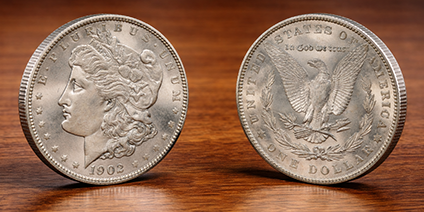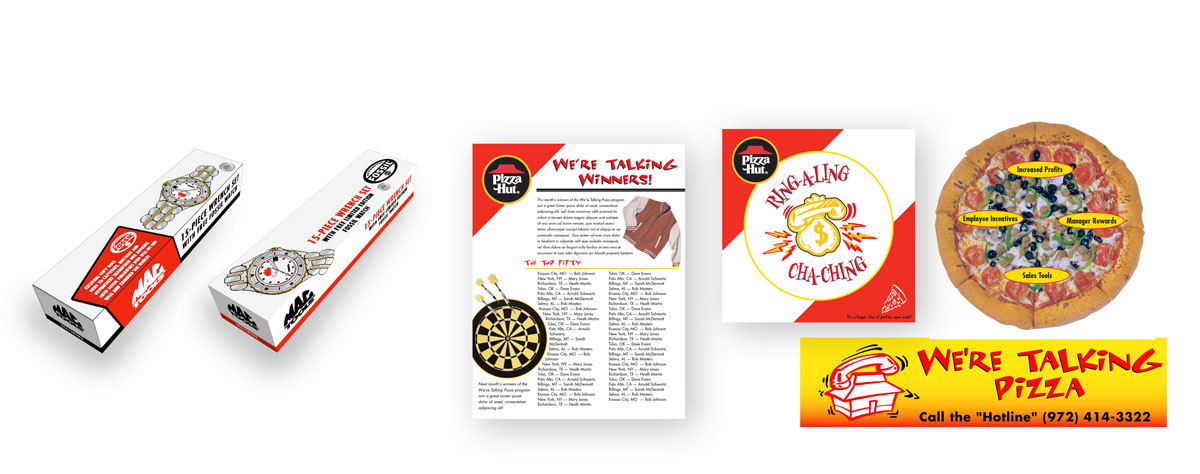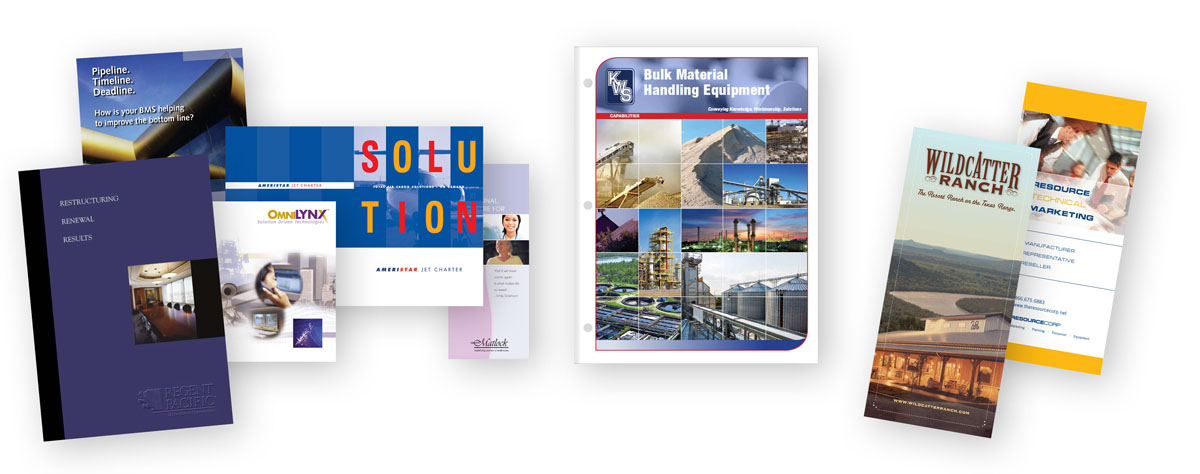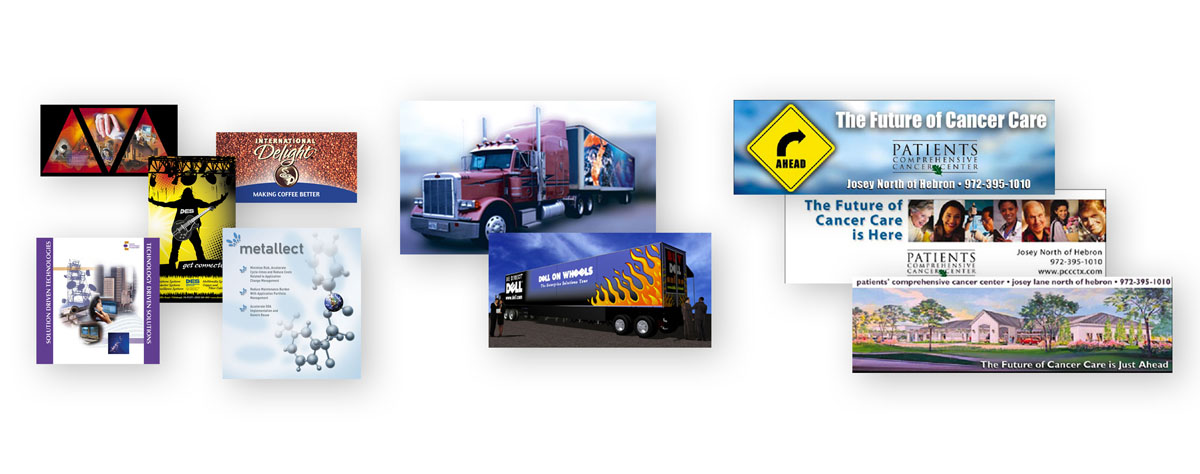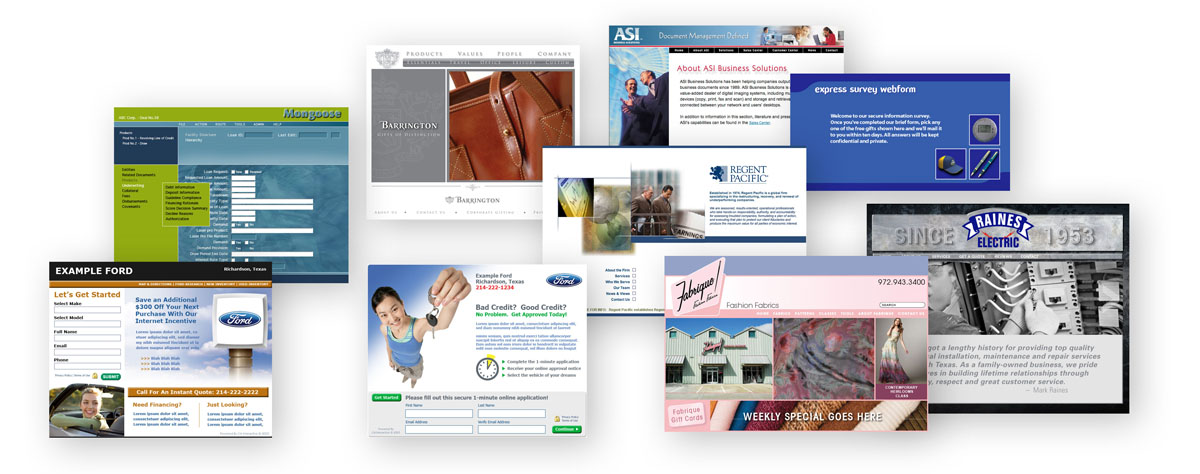What’s Your Type?

What’s Your Type?
I would suspect that I was the only kid in my fourth-grade class with his own business cards. My dad had been a printer for most of his adult life and we were the only family on our block with both a Chandler-Price letterpress and a Linotype machine in our garage.
My dad wasn’t just a printer. He was what you’d call a jack of all trades. He’d had lots of different jobs. At least I should say, “He’d started lots of different jobs.” Most of those ventures failed — from the family farm, to the newspaper, to the tractor dealership, to the welding supply company, to some far-out start-ups like sectional step ladders that fit in a car trunk, and clip-on automobile wheel balancers.
Those last two failures provided me with useful leftovers — like thousands of ¾” stainless steel ball bearings that made exquisite slingshot fodder and hundreds of 1” diameter steel tubes that were great for filling with firecrackers and launching those ball bearings.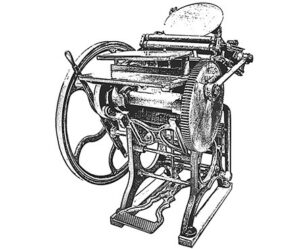
But it was my dad’s interest in printing that rubbed off on me. By the end of fourth grade, I’d learned to hand-set type and by fifth grade, I was spending my after-school hours playing with that monster press in our garage — not exactly a model of kid-safe entertainment.
Oddly enough, it was likely the invention of offset printing that contributed more to the environment you and I inhabit today than any other single scientific contribution. Before you get all offended and insist that antibiotics, or internal combustion engines, or Nintendo games should be higher on the list, consider the following:
The ability to improve the accuracy of information by evolving from oral communication to a written language is the dominant factor in whether primitive cultures flourished or were subjugated by other cultures with written languages. Early, handwritten documents were superior for keeping accounts, and they were significantly more accurate heralds of history than oral tradition but there was still one more barrier to overcome.
The advent of mass communication came about when some dude named Gutenberg was messing around in his garage and figured out he could reliably reproduce hundreds of identical copies of the “some assembly required” instructions for his kids’ Christmas gifts. Think of the surge in toy sales. Admittedly, Gutenberg was on a more spiritual quest but at least, he got the ink flowing so to speak.
On a side note, in college, I got to see one of the few remaining Gutenberg Bibles at the University of Texas, Harry Ransom Center, and it was no pocket bible. That thing was so big that even a Baptist preacher wouldn’t tote it around.
The point is, “Written stuff lasts,” and printed stuff maintains the accuracy of the content better than hand-copied manuscripts. If you’re reading this, you’re gonna eventually kick the bucket. After that happens, your kids are going to keep your memory alive by repeating stories about when “dad did this” or “mom said that”, and just like oral history, those stories will be subject to faulty memories.
So, that brings about the question, “When are you going to sit down and write out what’s important so that your grandkids and great grandkids don’t believe the distorted version that drunken Uncle Buck tells at the family reunion?” Maybe start by writing down two hundred words about your personal history, say, once a week. Even if you embellish it — something you’d never catch me doing in a million years — at least those are your exaggerations, not Uncle Buck’s.
Let’s get together for coffee and have an oral conversation that I can then go off and distort when I write about it. What do you have to lose (other than your reputation). I’ll even pay for the coffee.
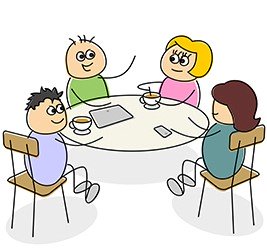 Let’s talk. I’d really like to hear what you have to say, and it might even give me something to write about. Email me at guy@lawsoncomm.com.
Let’s talk. I’d really like to hear what you have to say, and it might even give me something to write about. Email me at guy@lawsoncomm.com.
I’ll buy you coffee and we can compare notes. I promise not to steal your ideas without permission.
![]()
 The secret of it all is to write… without waiting for a fit time or place.
The secret of it all is to write… without waiting for a fit time or place.
— Walt Whitman

Did someone forward this newsletter to you after reading it themselves? Don’t settle for that!
CLICK HERE
to get a fresh, unused copy of this newsletter sent directly to you every Sunday morning. If you decide it stinks, you can always unsubscribe.
Guns, Germs, and Steel.
— Jared Diamond
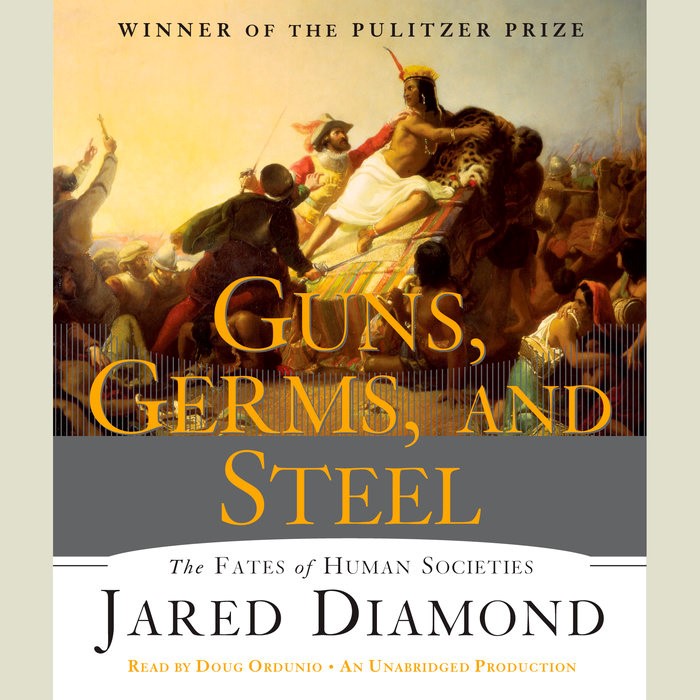
This is a new one that I’m just starting but by the time you read this newsletter, I’ll be finished. If you like it, you can thank me later. If it stinks, you can blame Gerry Owen because he recommended it to me in the first place. However, Gerry’s recommendations have always proven to be worth the time investment so I await your gratitude.
A meeting of great minds who think alike



